Ai generated image
The European Union is one of the biggest backers of civil society worldwide, providing billions of euros every year to non-governmental organisations (NGOs) working on everything from human rights and climate action to humanitarian relief and social equality, both inside and outside Europe.
This funding plays a crucial role in influencing policies and improving lives, making the EU a major player in global civil society. But behind the noble intentions and dedication to democracy, cooperation, and sustainable development, there’s a growing controversy over who really benefits from this funding. Is it really bringing positive change, or is it used as a tool for political influence?
The concept of NGOs is much older than most people realise, evolving over centuries before becoming the global force they are today. In fact, NGOs existed even before the term was coined.
The transformation of NGOs from small-scale charitable initiatives in the Middle Ages, such as the Knights Hospitallers or the Islamic ‘Waqf’ or endowment trusts, to influential transnational advocacy giants—such as The Red Cross, Amnesty International and Greenpeace, to name just these three—represents one of the most significant developments in modern civil society.
This change required adapting to shifts such as wars, economic changes, and technological advances, which constantly redefined the roles of government, business, and society. Today, NGOs operate in a complex space, and while they are important checks on government power, their influence depends on funding, independence, and credibility. While many have brought about real, positive change, others face charges of corruption, political bias or inefficiency.
Critics argue that EU money often finds its way to NGOs with very particular political leanings—groups that, depending on who you ask, might be seen as pushing a specific agenda rather than serving some neutral, common good. Then there’s the question of oversight—or, as some would say, the lack of it. With so much money floating about, are we absolutely sure it’s all being spent properly? Or could some of it be a bit loosely managed?
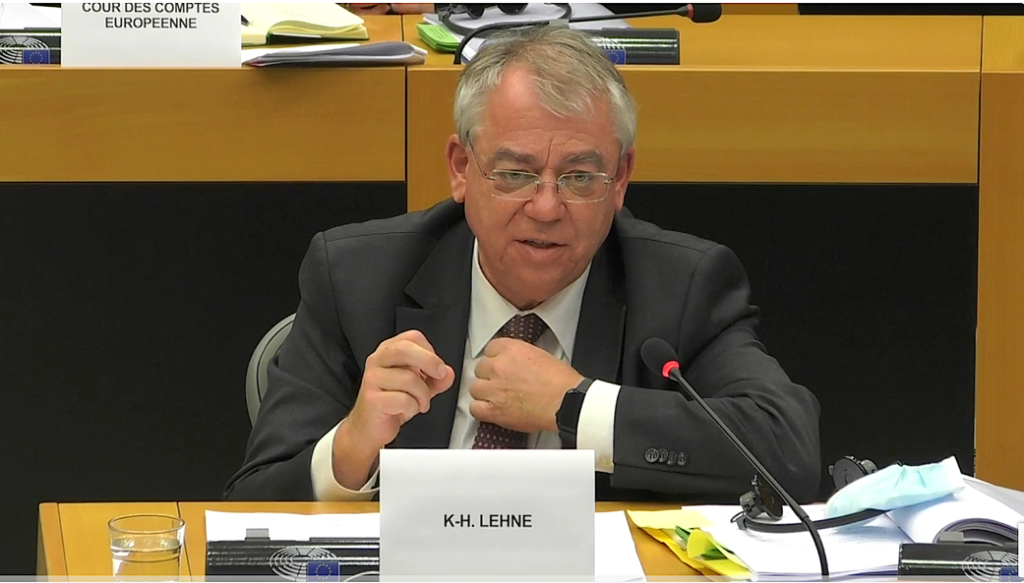
| Politics of Opacity
In November 2021, the influential French newspaper Libération, published the results of a major investigation titled “Fraud at the top of the European Court of Auditors”, in which it was alleged that its then- president, Klaus-Heiner Lehne, a former MEP from Germany’s CDU (conservatives), along with a good third of the Court’s 27 members never showed up in Luxembourg—yet still pocketed large housing allowances by listing a fake address there. On a more serious note, the European Court of Auditors’ (ECA) role being the protection of European funds, and guaranteeing their correct use, he and several of his associates, was alleged to have engaged in serious mismanagement.
And then, during Libération’s investigation, a 2018 report from the ECA suddenly resurfaced. Although it stopped short of calling it ‘corruption,’ the report condemned the lack of transparency in European subsidies awarded to NGOs. For instance, some NGOs obtained new grants despite not having fulfilled earlier contracts. NGOs receiving grants often subcontracted the actual work to other organisations—without this information ever making it into the Commission’s systems. Here’s how it works: NGO 1 gets the funding but outsources all or part of the project to NGO 2, which then hands it off to NGO 3. And so on, down the line to NGOs 4, 5, and 6—as uncovered in one Ethiopia-based project. Now, how can you possibly monitor anything if the Commission doesn’t even know who the subcontractors are? While overhead costs are supposedly capped at 7 per cent of the budget, the European Court of Auditors found that ‘in five out of the six cases we reviewed, we uncovered layered overhead charges—first billed by the implementing entity, then again by the NGOs receiving cascading grants.’ But what’s most alarming is this: At no point does the Court question the Brussels bureaucrats who handpick these NGOs and approve their funding in the first place. One can’t help but wonder about potential backroom understandings.

Laima Andrikienė, a Lithuanian politician, serving as a member of the ECA and one of the co-authors of the report recently declared ‘Transparency is essential for NGOs to credibly participate in shaping EU policies. While there’s been slight improvement since our last audit, the situation remains murky—with EU funding data for NGOs, particularly lobbying activities, still lacking reliability and transparency.’
The sums involved are anything but trivial. Consider this: NGOs received 6.8 per cent of all European Development Funds (EDF)—amounting to a staggering €11.3 billion in the 2014-2020 EDF cycle. From 2021 to 2023, NGOs received €7.4 billion (€4.8 billion from the European Commission and €2.6 billion from member states), for key internal policies like cohesion, research, migration, and the environment.
But here’s the catch: EU auditors warn these figures shouldn’t be taken at face value because there’s no reliable big-picture tracking of how much Europe actually spends on NGOs. Data gets published piecemeal, making it impossible to know if funds are overly concentrated in a handful of organisations—or to properly gauge NGOs’ role in EU policymaking.
Of course, the Commission has gotten better at collecting info on NGO funding… but transparency is still lacking. And member states aren’t even tracking or reporting their payouts properly. Worse yet, upcoming rule changes won’t force them to start. However, a major flaw in EU rules and regulations must be highlighted: the lack of a clear definition of what exactly constitutes an NGO. This means that European institutions pay little attention to how the billions of euros given to NGOs each year are actually used. Practically any organisation—even the most obscure committee—can claim NGO status and walk away with the money.
In 2024, the EU basically defined an NGO as a non-profit organisation, independent from government authorities. While this definition is a step forward, it alone doesn’t guarantee proper NGO classification in the Union’s financial transparency system. Here’s why: organisations simply self-declare as NGOs on an honour system, and the European Commission doesn’t verify key aspects of their status – such as whether government officials dominate their leadership boards or if they’re actually serving their associates’ commercial interests.
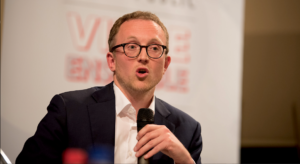
The European Commission hasn’t been fully transparent about EU-funded NGO advocacy work. In fact, it only issued guidance during this very audit – conveniently late – stating that grant agreements shouldn’t require recipients to lobby EU institutions. But here’s the real issue: EU fund managers aren’t actively checking whether NGOs violate core Union values such as rule of law and human rights. They just take them at their word. They’re also not properly vetting funding sources, which could reveal who’s really behind these organisations.
That said, let’s be clear—this isn’t some blanket condemnation of NGOs. The vast majority of them are doing vital work in humanitarian aid, environmental protection, and culture. As Michaël Privot, the former director of the European Network Against Racism (ENAR), put it:
‘This report focuses on funds for external action. But for NGOs operating inside the EU, I can assure you every penny is accounted for—down to train tickets and metro receipts.’
| Political Bias
Even with comprehensive bureaucratic reforms, the complex nature of civil society funding will always present challenges. Even in 2025, the EU’s financial support for NGOs remains what diplomats might politely call “politically sensitive” and what everyone else calls a total minefield. The truth is, for every step Brussels takes towards transparency, another controversy seems to erupt somewhere.
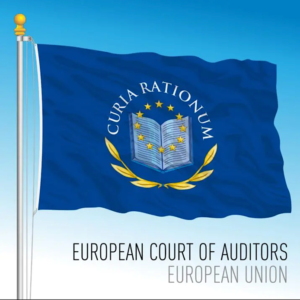
The perennial complaint—echoed loudly in certain parliamentary corners—is that the system still tilts suspiciously toward progressive causes. You can practically set your watch by the outrage when funding figures reveal climate activists, migration advocates and gender equality campaigns dominating the recipient lists. Conservative MEPs routinely brandish spreadsheets showing what they claim is institutional bias, while Commission officials counter that they’re simply funding organisations aligned with EU treaty values.
Here are two examples: A study in 2024 by the European Conservatives and Reformists (ECR) group found that 68% of “civil society” funding went to NGOs with progressive agendas, while conservative-leaning groups received less than 10%.
In countries like Hungary and Poland, EU-funded NGOs are seen as tools to undermine conservative governments. Hungary’s Prime Minister Viktor Orbán has repeatedly clashed with NGOs as well as the EU over freezing funds for NGOs that the government accuses of “political interference”. One such example is the Hungarian Helsinki Committee, active in the rights of asylum seekers and stateless people in need of assistance.
Just this past April, Hungary’s parliament passed a law restricting the rights of dual nationals and LGBTQ+ people. Prime Minister Orbán, whose Fidesz party voted through the bill had declared in March that an “Easter cleanup” of his critics was coming. Fidesz claims the new rule targets foreign-funded “fake NGOs, paid-off politicians, and so-called independent media.” This has led many to think it’s partly aimed at Hungarian-American billionaire George Soros and his Open Society Foundation, which Orbán often criticises.

Meanwhile, David Bedo, an opposition MP from the centrist Momentum Movement said “This is only the first step they’re taking in this one-year campaign, and we are going to see many more laws enacted and passed in parliament that is very much against any democracy or any rule of law.”
In Poland, the former government accused EU-backed NGOs in meddling in judicial reforms. Among these is The Batory Foundation which is the main distributor of Norwegian funding in Poland.
Marine Le Pen’s National Rally had also slammed the EU for funding “anti-French” NGOs that oppose national sovereignty policies.
NGOs like Sea-Watch and SOS Méditerrannée operate migrant rescue ships in the Mediterranean, but Italy’s government has blocked their ships, accusing them of aiding human traffickers. Greece has also fined NGOs for allegedly helping migrants enter illegally.
Meanwhile in Eastern Europe, there’s another problem. The rules meant to stop fraud have accidentally created a sneaky back-and-forth game. Clever scammers have found ways to cheat – setting up ‘official’ NGOs that somehow always hire family members and rent from friends. The EU’s fraud fighters are stuck constantly putting out fires. It’s like a scratched record in Brussels – the same argument keeps repeating with no real solution.
Then the Ukraine war made these problems even worse. As billions poured in for emergency aid, the usual checks couldn’t keep up. Reports started surfacing about fake charities and ridiculous overcharging – exactly the kind of stories that feed the idea of EU money vanishing into thin air. It didn’t matter that most funds helped real people – the bad cases always get more attention.
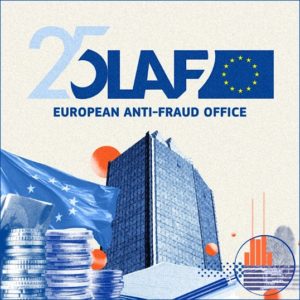
The European Anti-Fraud Office (OLAF) is investigating 19 cases tied to Ukraine aid, amid growing concerns over misuse of funds meant for the war-torn country. Meanwhile, the EU has blacklisted 12 NGOs in Eastern Europe for fraud since 2023—exposing vulnerabilities in how aid reaches its intended recipients.
But these cases have become political ammunition for populist parties, like Germany’s AfD, that are seizing on them to claim “EU aid is wasted.” Their rhetoric risks undermining public support for critical assistance programmess, even as auditors stress that fraud remains a small fraction of total spending. The EU is racing to plug leaks in its aid pipeline—but as far as public opinion is concerned, damage may already be done.
| The ”Big Cartel” Problem
Looking at the problem objectively, a small group of big, powerful NGOs stand out that get most of the funding. These groups have become too successful for their own good. The same organisations win grants year after year, making people whisper about a sort of ‘activism machine’ where EU officials and NGO leaders just swap jobs with each other.
Among the handful of these large, well-connected NGOs that dominate EU funding: Greenpeace, Oxfam, Amnesty International, Caritas as well as pro-migration groups such as Save the Children and Médecins Sans Frontières. These organisations have dedicated EU lobbying teams, making it easier to secure multi-million-euro grants. Smaller grassroots groups complain the application process has become so difficult and inaccessible that only those with professional fundraisers and legal teams need apply.
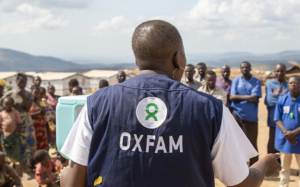
What proves particularly revealing is how these conflicts expose Europe’s fundamental political divisions. For some, funding NGOs represents support for democracy’s guardians; for others, it amounts to financing activist pet projects. The migration crisis exacerbated this divide—with southern NGOs accused of facilitating migration, while their northern counterparts are characterized as inflexible bureaucrats. The climate debate reveals an identical pattern: environmental groups are alternately portrayed as planetary saviours or economic saboteurs, depending on one’s perspective
The irony is that the clearer the system gets, the louder the arguments grow. Every grant posted online, every report published, just gives both sides new talking points. Brussels can’t win—they’re either ‘meddling micromanagers’ or ‘careless enablers’ as soon as something goes wrong.
| The Shifting Sands of NGO Funding
The past couple of years have seen developments that would have been hard to predict back when those damning audit reports first landed—some welcome, some contentious, and all of them revealing just how politically charged this issue remains.
Let’s examine the new rules on political activism that were introduced in early 2024. On paper, they looked like a sensible enough modification—a clearer distinction between educational work and outright campaigning, designed to address the constant accusations of EU funds bankrolling protests. But how does this work in practice? Well, these new rules have created fresh tensions. NGOs that used to get funding easily now face tough questions about whether their work could “accidentally affect laws.” At the same time, right-wing politicians say the changes are too weak, while campaigners worry they’ll scare groups into silence. It’s that classic EU middle ground – where no one’s completely happy, so it’s probably the perfect compromise.
Then there’s the Brexit mess that’s still not properly sorted. UK charities used to be big winners in EU funding, but now they’re mostly stuck watching from the sidelines. Some have opened small offices in Ireland and other European countries in order to keep getting cash, while others try for UK government money instead, only to find the rules have completely changed. The result of all this is that research teams that used to work easily across borders now juggle two separate funding systems in an awkward and inefficient manner.
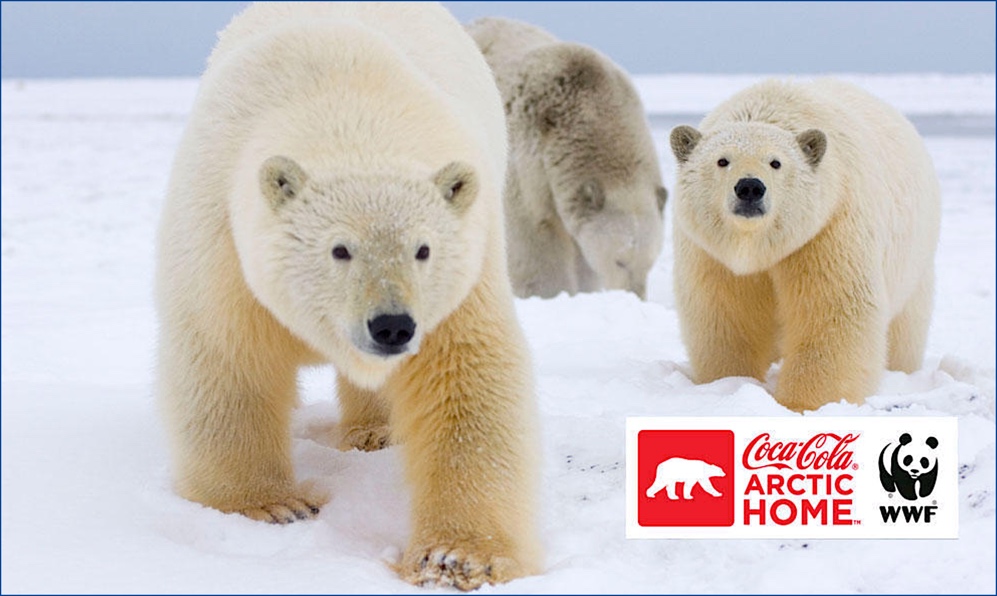
Over in Eastern Europe, the game of cat and mouse continues. Whenever the EU plugs one loophole, people find another way around the rules. The latest trend is the setting up of NGOs that are technically compliant but functionally act as extensions of national governments—it’s a clever loophole that’s already got several countries in trouble for bending the rules. The EU is countering with tougher audits and better financial tracking – they’re adapting, but it’s an endless battle against those trying to cheat the system.
Perhaps most telling is how business-aligned NGOs have been gradually increasing their presence. What started as small, business-sponsored sustainability initiatives has become a big thing, with everyone from energy giants to tech firms suddenly keen to demonstrate their civil society credentials. Traditionalists complain about “greenwashing with EU money,” but the uncomfortable truth is that these well-resourced newcomers are often better at delivering measurable results than their idealistic but underfunded counterparts.
Two notable examples among many: the partnership between Coca Cola and the World Wildlife Fund (WWF), focusing on water conservation and sustainable agricultural practices. Teaming up Coca-Cola’s global supply chain with WWF’s environmental know-how has created real results – they’re making a difference in water conservation for communities around the world . It’s a win-win situation: Coke boosts its green credentials while WWF gets closer to its conservation targets. Then there’s Microsoft, which through its philanthropic arm, has provided funding, technology, and training resources to NGOs working to bridge the digital divide.They’re helping underserved communities in Asia and Africa acquire the tech skills that really matter in today’s world.
| Newest Battleground: Climate Activism
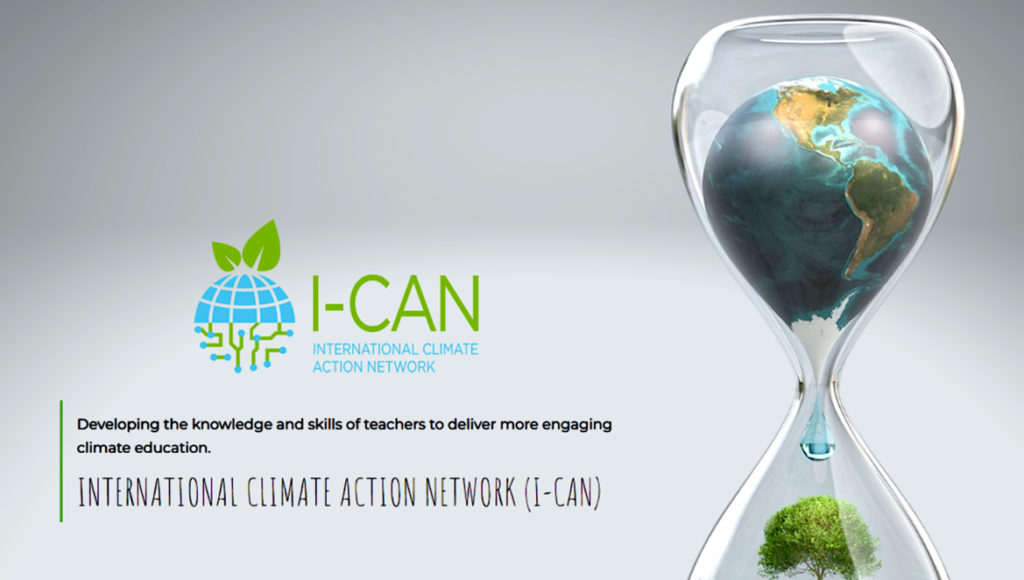
The European Union finds itself caught in an increasingly bitter tug-of-war over its funding of environmental NGOs. On one side, groups like the Climate Action Network receive hundreds of millions in EU grants to champion green causes. On the other, furious farmers—particularly in France and the Netherlands—accuse these same organisations of biting the hand that feeds them, using public money to lobby against agricultural livelihoods.
The controversy has become so heated that Germany’s AfD party took the extraordinary step of suing the EU in 2024 over its funding of what they call “political activism”, specifically highlighting links to the Fridays for Future movement, that began in 2018 after Swedish teenager Greta Thunberg and other young activists sat in front of the Swedish parliament every week to protest against the lack of action on the climate crisis.
At the heart of the dispute lies a fundamental question about where education ends and activism begins. The European Commission maintains it only funds awareness-raising and educational projects, not protests or political campaigns. But when applied to real-world situations, this theoretical separation quickly breaks down. When it emerged that EU grants had indirectly benefited Extinction Rebellion—a global, non-partisan movement using peaceful protest to demand government action on climate change— traditionally sympathetic politicians expressed disapproval. Centre-left MEPs complained that this stretched the definition of educational funding beyond what taxpayers might reasonably expect.
The situation represents a perfect storm for Brussels. Farmers’ groups, already feeling besieged by environmental regulations, now direct their anger at publicly-funded NGOs they see as undermining their way of life. Populist parties across Europe regularly amplify these grievances, using each new grant disclosure to bolster their narrative of EU funds being misused for ideological purposes. Ironically, the Commission’s push for greater transparency has inadvertently provided more ammunition for these critics, as every published grant agreement gets scrutinised for potential signs of political activism.
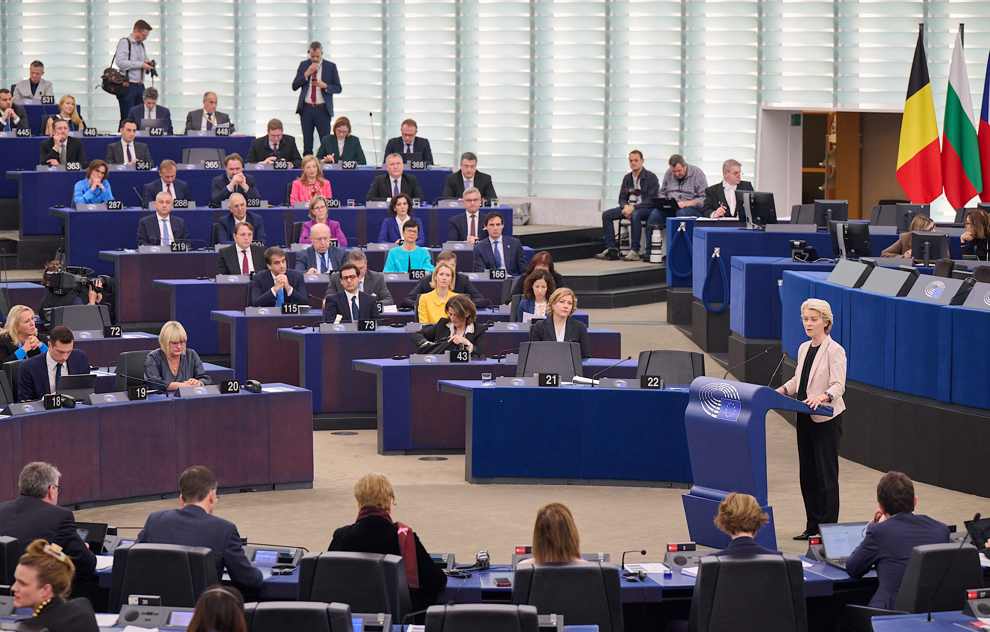
This fight isn’t just about money—it’s about clashing visions for Europe’s future. Green groups say they’re doing crucial work governments ignore, while critics call them out-of-touch activists with too much power. As arguments heat up, the EU is stuck trying to deliver on climate goals without overstepping—a near-impossible balancing act as public opinion splits further apart.
| Future Prospects
The EU faces a tough choice in the coming years: restrict funding that might support activism (but risk harming environmental efforts) or keep the current system (and lose more public trust). Meanwhile, the argument continues with no clear way forward.
Looking ahead, three formidable challenges appear over the horizon, each carrying big implications for the future of the European Union. First, the migration crisis isn’t going away—it’s still straining Europe’s budgets and politics. Every euro spent on borders gets heavily questioned: Does it work? And is it even right? Second, climate policy is still a major battleground—green groups and industry keep fighting over who calls the shots. This isn’t just about ideas; it’s about survival. Each side truly believes only their approach can save Europe’s future. Third – and most explosive – is how EU spending is becoming political. As elections turn into votes on whether Brussels is going too far, NGO money could go from a minor issue to a major battleground. Today’s fights might look small compared to what’s coming.
What’s surprising isn’t that these problems keep happening – governments have dealt with these tough choices for years. It’s that the EU keeps trying to do the impossible. They want to support charities without taking sides, control spending without killing new ideas and help in emergencies without creating reliance.
The answers will certainly not please everyone – there will probably be messy compromises. But stopping all funding would cause even worse problems. One thing’s certain though: this debate, with all its complexities and contradictions, is now a permanent fixture of Europe’s political landscape.
hossein.sadre@europe-diplomatic.eu
This article is based on official data, reports from the European Court of Auditors, and testimonies from EU officials. All cited figures are verifiable in public EU documents and these websites:
NGO Watchdog Reports: https://www.ngowatch.org
European Court of Auditors: https://www.presseportal.de/en/pm/111458/6008184
European Court of Auditors: https://www.eca.europa.eu/en/multiple-reports
EU Legislation: EUR-Lex (https://eur-lex.europa.eu)
Funding Data: EU Transparency Register (https://ec.europa.eu/transparencyregister)
Case Law: Curia (https://curia.europa.eu)

